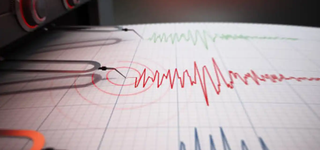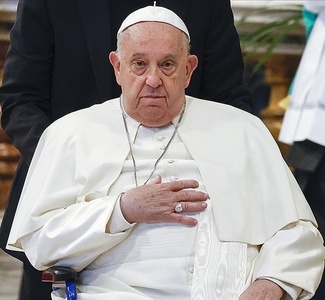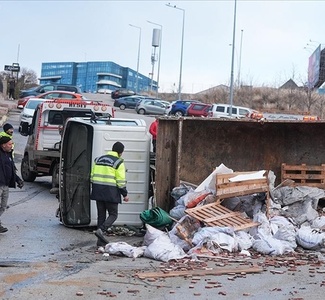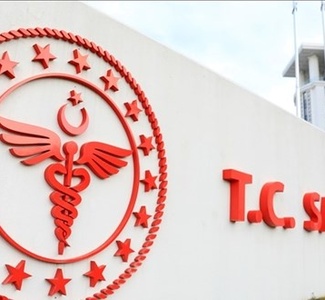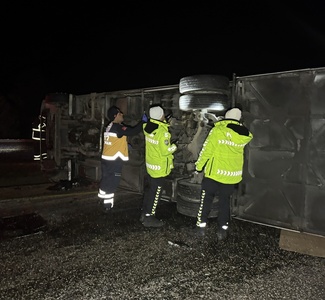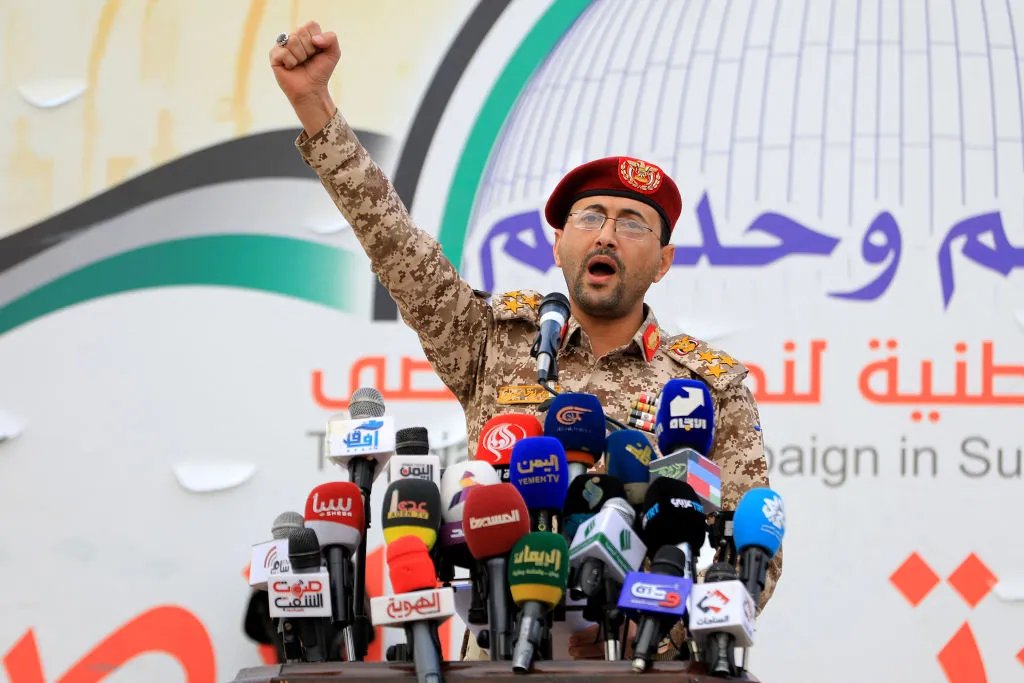Trust in medical staff becomes dominant in vaccines
Wellcome Global Monitor survey, which canvassed attitudes among 140 000 people from 140 countries worldwide, shows clear links between people's trust in doctors, nurses and scientists and their confidence in vaccines.

 Google News'te Doğruhaber'e abone olun.
Google News'te Doğruhaber'e abone olun. Ninety-one percent of people in Turkey think vaccines are important. However, the situation in Europe is the opposite of this generalization.
"When asked if vaccines were safe, 79 percent ‘somewhat’ or ‘strongly’ agreed, seven percent somewhat or strongly disagreed and 14 percent neither agreed nor disagreed."
"When asked if they believed vaccines worked, 84 percent agreed either strongly or somewhat, five percent either strongly or somewhat disagreed and 12 percent neither agreed nor disagreed," read the Wellcome report.
Wellcome Head of Vaccines Charlie Weller said there is the need for health institutions all over the world to educate their populations and restore confidence in vaccinations.
"It is reassuring that almost all parents worldwide are vaccinating their children. However, there are pockets of lower confidence in vaccines across the world and we cannot afford to be complacent.
"To ensure society gets the full benefit of vaccines, we need to make sure that people have confidence in both the safety and effectiveness of vaccines and understand more about the complex reasons why this is not always the case," says Weller.
The report points to a worrying culture emerging of anti-vaccine yet there is overwhelming evidence that vaccination is the best defense against deadly and debilitating infections, such as measles.
22 percent of western Europe doesn't trust vaccines. 17 percent of Eastern Europe thinks vaccines are not as effective as they are claimed. The lowest trust is in France with 33 percent. (ILKHA)






























